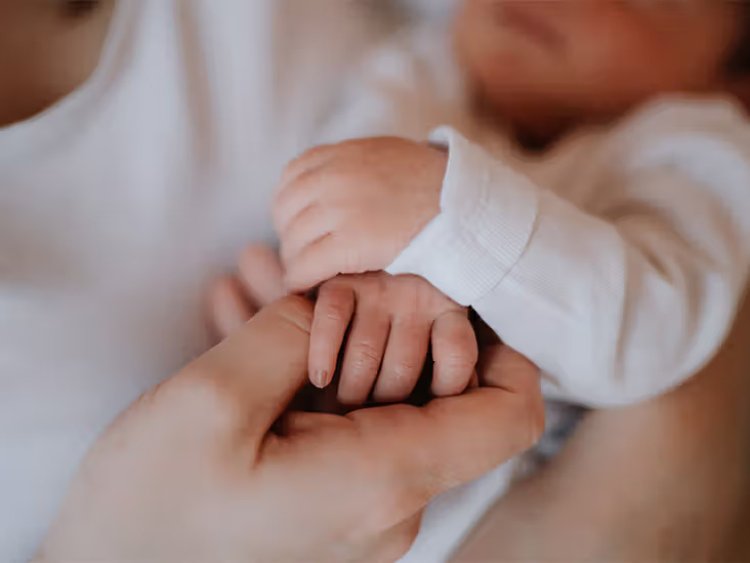Unexpected deaths in children may be related to seizures: Study

Los Angeles, US: Researchers have found that short seizures followed by muscular convulsions are a potential cause of sudden fatalities in infants, which mainly occur during sleep.
The findings are based on a record of over 300 patients of Sudden Unexplained Death in Children established a decade ago by researchers at the NYU Grossman School of Medicine.
Experts estimate that over 3,000 families in the United States lose an infant or child abruptly and without reason each year.
The majority are newborns in what is known as sudden infant death syndrome, or SIDS, but 400 or more occurrences include children aged one and above and are known as sudden unexplained death in children (SUDC). More than half of these children are toddlers.
Researchers used extensive medical record analysis and video evidence donated by families to document the inexplicable deaths of seven toddlers between the ages of 1 and 3 that were potentially attributable to seizures.
These seizures lasted less than 60 seconds and occurred within 30 minutes immediately prior to each child's death, say the study authors.
For decades, researchers have sought an explanation for sudden death events in children, noticing a link between those with a history of febrile seizures (seizures accompanied by fever).
Earlier research had reported that children who died suddenly and unexpectedly were 10 times more likely to have had febrile seizures than children who did not die suddenly and unexpectedly. Febrile seizures are also noted in one-third of SUDC cases registered at NYU Langone Health.
Published in the journal Neurology, the new study involved an analysis by a team of eight physicians of the rare SUDC cases for which there were also home video recordings, from either security systems or commercial crib cameras, made while each child was sleeping on the night or afternoon of their death.
Five of seven recordings were running nonstop at the time and showed direct sound and visible motion indicative of a seizure happening.
The remaining two recordings were triggered by sound or motion, but only one suggested that a muscle convulsion, a sign of seizure, had occurred. As well, only one toddler had a documented previous history of febrile seizures.
All children in the study had previously undergone an autopsy that revealed no definitive cause of death.
"Our study, although small, offers the first direct evidence that seizures may be responsible for some sudden deaths in children, which are usually unwitnessed during sleep," said study lead investigator Laura Gould, a research assistant professor at NYU Langone.
Gould lost her daughter, Maria, to SUDC at the age of 15 months in 1997, a tragedy that prompted her successful lobby for the establishment of the NYU SUDC Registry and Research Collaborative. Gould points out that if not for the video evidence, the death investigations would not have implicated a seizure.
"These study findings show that seizures are much more common than patients' medical histories suggest and that further research is needed to determine if seizures are frequent occurrences in sleep-related deaths in toddlers and potentially in infants, older children, and adults," said study senior investigator and neurologist Orrin Devinsky, MD.
Devinsky, a professor in the Departments of Neurology, Neurosurgery, and Psychiatry at NYU Langone, as well as chief of its epilepsy service, added that "convulsive seizures may be the 'smoking gun' that medical science has been looking for to understand why these children die.
"Studying this phenomenon may also provide critical insight into many other deaths, including those from SIDS and epilepsy," said Devinsky, who cofounded the SUDC Registry and Research Collaborative at NYU Langone with Gould.















































